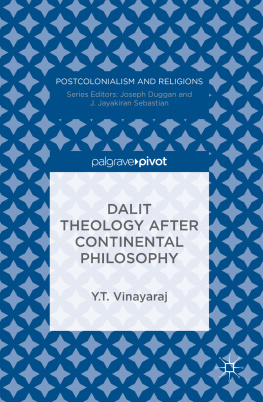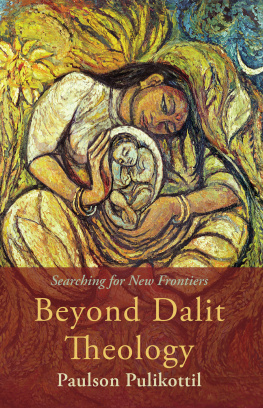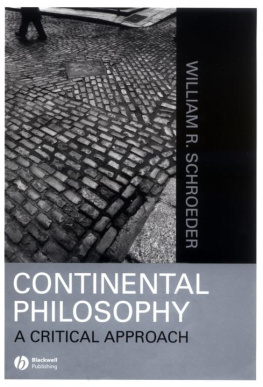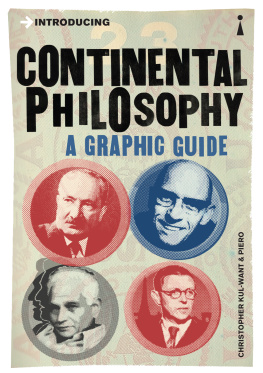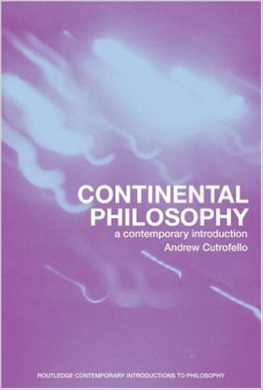1. Introduction
If God is immaterial, God doesnt matter.Catherine Keller
A discussion about God and the other elucidates the inherent dialecticality of transcendence and immanence in Christian Theology. Christian Theology, as it signifies Western philosophical heritage, has always had a transcendentalist theological sense from Plato to Kant and Hegel. Modern metaphysics and ontology substantiated a totalitarian Being/God. The other in modern Western philosophy was considered as a derivative of the Being/God and the alterity of the other was denied. Continental philosophy, as reflecting post-Enlightenment Western thought, offered a critique of modern metaphysics and ontology and initiated the postmodern turn. However, even the post-metaphysical God in the postmodern erathe God after the death of Godwas not able to deny the inherent transcendentalism of the Western imaginary.
The post-Continental philosophers like Giorgio Agamben, Gilles Deleuze, Jean-Luc Nancy, Judith Butler, and so on envisage a radical turn towards the political and immanence and interrogate the contemporary Continental philosophies of hypertranscendence (Caputo and Scanlon, 2010) for being inadequate and impotent to attend to the question of bare life people live outside of the territory of laws of immigration, nationality and citizenship, which reconfigures the notions of state, law and justice. Locating myself in this post-Continental philosophical turn towards the immanence and political, and critically engaging with Gayatri Chakravorty Spivak who initiates a postcolonial turn in the Continental philosophy through her notions of detranscendentalized sacred and the subordinated other (subaltern), this book explores the possibility of reformulating the Dalit theology of God based on the Indian materialistic philosophical tradition Lokayata as it takes on the transcendentalism of Christian philosophy and theology.
The hypothesis of this study stems from three specific questions: (1) Do the Continental philosophies of the transcendent Other attend to the necropolitics (Achille Mbembe defines it the material destruction of human bodies and populations in the postcolonial context) and the agonistic politics (Mark Lewis Taylor refers to the struggles that entail human pain and suffering in the postcolonial context) of the other others in the Third World? (2) How do the Spivakian notions of detranscendentalized sacred and the subordinated other (subaltern) initiate a postcolonial turn in the Continental philosophies of God and the other, and how does she address the question of the postcoloniality of subaltern bodies? (3) What would be a Dalit theology of God and body in this post-Continental context of turning towards the political and the plane of immanence?
The Problem of God and the Other in Continental Philosophy
The term Continental philosophy is often used to a describe philosophy that emerged in post-World War II European thought. It is generally defined as the outcome of a series of critical responses to the dominant currents of modern European philosophy, and in particular, the Enlightenment, which includes Hegelian idealism, Marxism, the critical theory of the Frankfurt School, existentialism, hermeneutics, phenomenology, structuralism, poststructuralism, postmodernism, post-postmodernism, and some forms of feminisms.
The postmodern turn in the Western philosophical tradition emerged out of the contentions with modern metaphysics and ontology. In modern metaphysics, Descartes held the view that God exists as an innate infinitist thought available to human mind and reason. Kant, on the other hand, offered a revision to the Cartesian philosophy and rehabilitated God as the universal moral idea that regulates all human experiences within the extension of phenomenon. Whereas Hegel held the view that God exists as an absolute self-conscious spirit ( Geist ) within the dialecticality of human consciousness. Frederic Nietzsche denied this notion of God who stands as the ground of all totalitarian claims of truth. By arguing for the death of God, he rejected the modern idea of God as the universal center of all human values and life. In Nietzscheism, God as the super Being, the absolute Truth, and the absolute Goodness came to an end. It was a clear rejection of the monotheistic, monadic, and unifying modern Western notion of God beginning from Descartes, through Kant to Hegel.
Correlated to the notion of Being/God in modern metaphysics, the other is also integrated within the totality. For Descartes the other is nothing but an object of his thinking. The other is denied its difference in the totalitarian philosophies of Kant and Hegel. In the universalizing and unifying Kantian approach, the other is only taken into consideration in a negative way. Gabrielle Hiltmann calls the Kantian approach a monistic and universal rationalist logic, which excludes the positive recognition of the others individuality.
On the other hand, Nietzsches critique of Oneness opened the ground for multiplicity and difference. The Heideggerian philosophy of ontological difference accentuated the process of dismantling the Western idea of totality. Heideggers de-ontological God and the other were brought to the ethico-political realm by the philosophers of the new phenomenology or the theological turn: Emmanuel Levinas, Jacques Derrida, Jean-Luc Marion and so on, who offered the irreducible singularity of God/Other in contrast to the modern Western theistic, monistic, totalitarian philosophy of God. God as the transcendent Other shifts radically from the Western onto-theology and attends to the postmodern question of the Other as a parallel to it. Of course, the Other in the postmodern context denies any kind of othering and locates itself in a location of alterity and irreducible singularity.
However, following some of the critical engagements with the Continental philosophies of God and the other, this volume explores whether these postmodern philosophies are just repetitions or re-locations within the Western imaginaries of God, being, and the other. It further tries to ask whether these philosophies of the constitutive otherness of God and the other can account for the lived experiences of the othered selves, or the concrete others in the other worlds? I argue here that the postmodern apologetics of God and the other are still tied to the Western epistemological trajectories of being, other, and God, and thus they become inadequate in the context of the agonistic politics and the necropolitics of the other others who hesitate to be accommodated within the categorythe transcendent Other.

